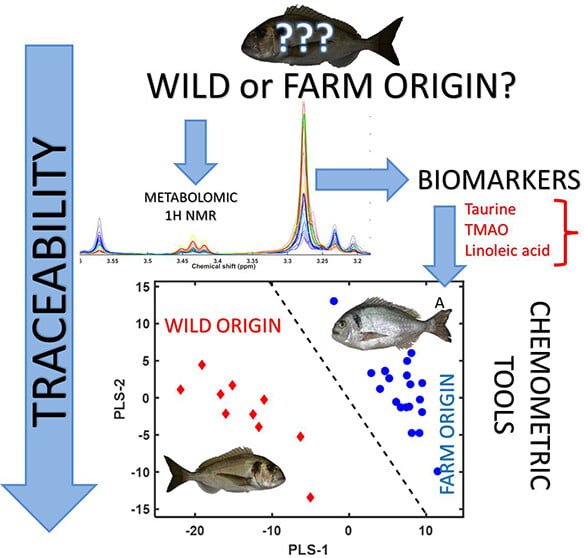Ireland.- Inland Fisheries Ireland (IFI) has today published a report into the occurrence of Farmed Atlantic Salmon in the Western River Basin District which confirms the presence of escaped farmed fish in a number of rivers in the Galway and Mayo region.
IFI has not been advised of any reports, by salmon farm owners, of escapes, coinciding with the detections, to the Department of Agriculture, Food and the Marine (DAFM), the licensing authority for aquaculture. The reporting of escapes to DAFM are a condition of aquaculture licences.
The new report by Inland Fisheries Ireland says that ‘up to five hundred escaped farmed salmon may have entered western salmon rivers during the August/September period 2017’.
Furthermore, it says ‘that the presence of sexually mature farmed salmon in rivers poses a potential threat to local wild salmon populations from interbreeding and other ecological effects’.
In October 2017, the Board of Inland Fisheries Ireland issued the following statement: ‘Inland Fisheries Ireland has been charged with the protection of wild Atlantic salmon and continues to have concerns regarding the impacts of fish farms on Ireland’s precious wild fish. The licencing regime and best management practice should provide assurance to the State that controls are in place that safeguard our heritage. This does not appear to be the case in this instance. Inland Fisheries Ireland supports sustainable fish farming but cautions against the renewal and/or award of licences where conditions are not being adhered to. The Board recommends immediate strict enforcement and audit of existing licence conditions to ensure compliance and ultimately a sustainable resource for all.’
Speaking on the publication of the new report, Dr Cathal Gallagher, Head of Research and Development, said: “While a small number of farmed salmon spawning in a catchment may not have a detectable long term effect on the wild salmon population, repeated escapes of large numbers of farmed fish have the potential to cause serious damage to vulnerable wild salmon populations. The large number of escaped farmed salmon entering into these rivers, with a high proportion of males likely to be sexually mature, presents a potential threat to local wild salmon populations. IFI will continue to monitor the situation and may need to conduct longer-term genetic studies on the impact of the presence of these farmed salmon.”
The full report is available here: IFI Report on escape of farmed salmon in western rivers in 2017
https://www.fisheriesireland.ie/extranet/fisheries-management-1/1485-ifi-report-on-escape-of-farmed-salmon-in-western-rivers-in-2017.html
Editor at the digital magazine AquaHoy. He holds a degree in Aquaculture Biology from the National University of Santa (UNS) and a Master’s degree in Science and Innovation Management from the Polytechnic University of Valencia, with postgraduate diplomas in Business Innovation and Innovation Management. He possesses extensive experience in the aquaculture and fisheries sector, having led the Fisheries Innovation Unit of the National Program for Innovation in Fisheries and Aquaculture (PNIPA). He has served as a senior consultant in technology watch, an innovation project formulator and advisor, and a lecturer at UNS. He is a member of the Peruvian College of Biologists and was recognized by the World Aquaculture Society (WAS) in 2016 for his contribution to aquaculture.
Stay Always Informed
Join our communities to instantly receive the most important news, reports, and analysis from the aquaculture industry.







